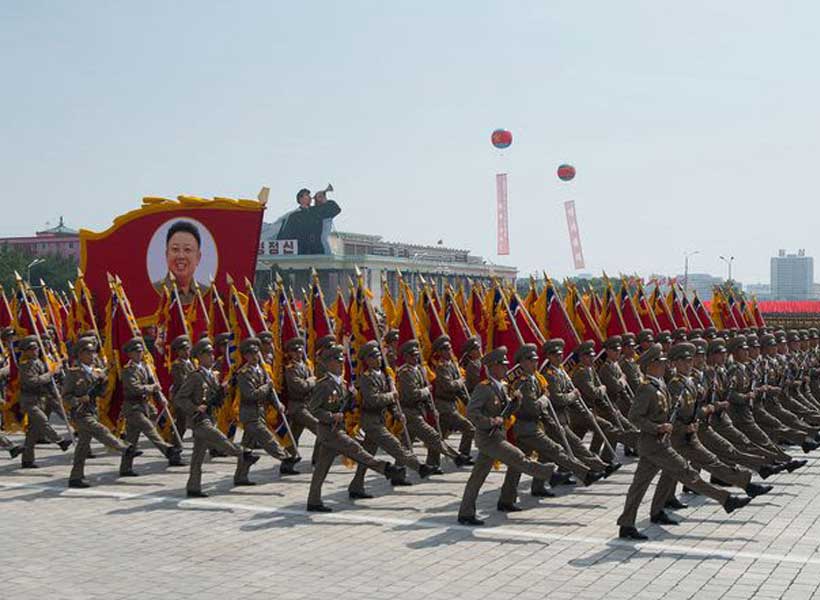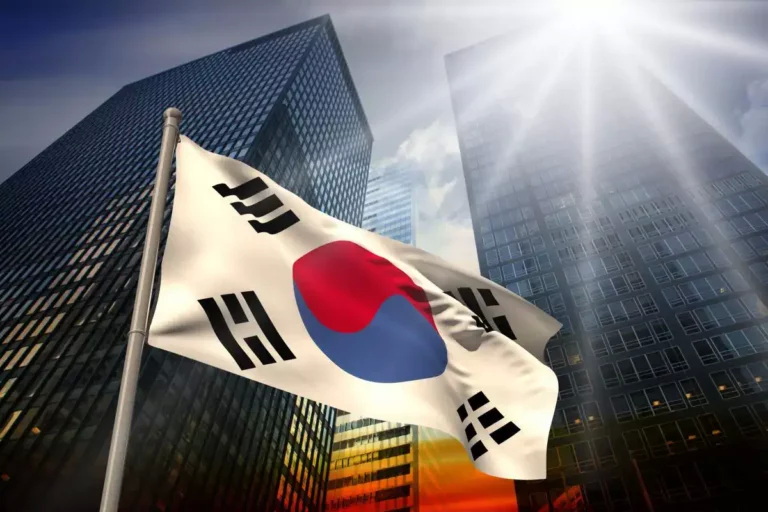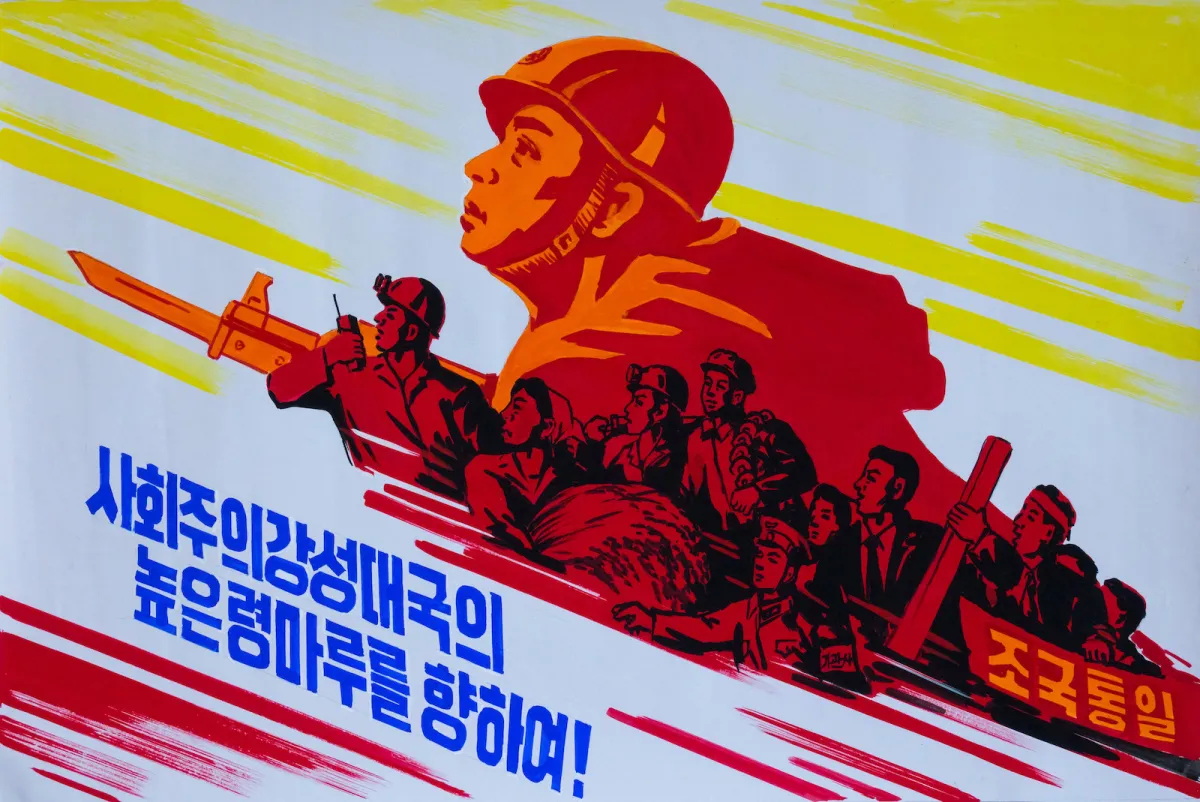East Asia’s remarkable economic development has often been hailed as a miracle. Pakistan also keeps dreaming of attaining comparable levels of growth and progress.
A section of our elite argues that the Asian tigers achieved their economic miracles because of the “benevolent” dictators, who steered those countries during their take-off stage.
As per this perspective, a governance framework characterized by strong central authority and limited political pluralism was pivotal to the rapid economic development of these states. Ergo, to achieve swift economic progress, we also need to adopt a similar “benevolent” dictatorship model and dispense with our yearnings for democracy, as that pluralist system comes with its protracted and precarious processes.
The supporters of such a viewpoint often quote the example of Lee Kuan Yew. It is claimed that Lee delivered the Singaporean governance miracle principally because he remained unencumbered by the complexities and complications of democratic decision-making.
The argument in favor of the “benevolent” dictatorship model rests on three assumptions, all of which are fallacious.
First, it suggests that our democratic system somehow impeded our economic growth, which is an empirically incorrect assertion. It is an undeniable fact that we never experienced genuine, non-hyphenated democracy. Our recurrent forays into hyphenated democracy, whether it be Guided, Scripted, Basic, Reconstructed, Managed, or Hybrid, were essentially dictatorships under different guises, marked by centralization of power and lack of political pluralism. Consequently, attributing our economic failures to democracy is factually inaccurate, rendering the first assumption of the proponents of the “benevolent” dictatorship model invalid.
Secondly, the assertion that Pakistan has yet to transition to a “benevolent” dictatorship model is factually flawed. We have already experimented with various systems of dictatorships. None of our self-proclaimed “benevolent” dictators, even those who centralized power for extended periods, succeeded in delivering economic or governance miracles. Why would the next authoritarian ruler be the lucky exception when each previous experience has yielded no saints to govern us?
Given our track record of leaders, what is the probability of finding the benevolent one? Is there a rational basis for the hope that the next one-man ruler will not turn out to be another disappointment, akin to all the previous ones?
Continuing to hope for a perfect leader through trial and error, like rolling dice, may not be a sustainable or sensible strategy. Do we have short-term memories, forgetting the lessons of past one-man-rule experiences? Are we oblivious to the predictable consequences of allowing another authoritarian to wield unchecked power?

The costs of one-man rule accumulate with each new leader, diminishing the country both horizontally and vertically. Given our ghastly experiences with diverse iterations of dictatorships, our elite’s recommendation that we need to embark on yet another authoritarian experiment is not a solution to our economic problems but, instead, a recipe for repeating and compounding our past blunders. Compelling evidence from our political history argues against any new experiment that would further centralize authority in a few hands or one hand. We are already recognized as a classic example of elite capture.

Image by Modern Diplomacy
The capture of national power and resources by our praetorian and kleptocratic elite has led to the diversion of our national resources towards projects that primarily serve elite power, prestige, privileges, and pockets, significantly impeding our economic growth. Therefore, advocating for another authoritarian model rationalizes and perpetuates the current elite-centric governance, which has never delivered any developmental miracles.
Lastly, the contention of our elite that the “benevolent” dictatorship model was the sole driver of remarkable economic growth lacks support from historical facts of East Asia. The astonishing economic take-off in those states was influenced by two other crucial factors, frequently overlooked by proponents of the “benevolent” dictatorship model.
First, East Asian development miracles were achieved during the Cold War era when these states virtually subcontracted their defense to the Americans. In some cases, East Asian states even allowed American troops to be stationed on their soil, as a form of security insurance. Singapore, Hong Kong, and Taiwan incurred minimal expenses on defense.
The Korean example convincingly proves how such offloading of security expenses was the crucial game-changing factor. At the end of World War II, both North and South Korea shared a comparable developmental status.
After the Korean War, the trajectory of the two Koreas changed radically. South Korea strategically aligned itself with the Americans, opting to place its entire military apparatus under American command.

As a consequence of such divesting of its defense costs, South Korea diverted its resources to economic development and governance reform, becoming one of the most developed nations in the world. Conversely, North Korea chose the opposite path, channeling its domestic and borrowed resources towards developing military gizmos, including nuclear warheads. As a consequence of expending its resources on building security paraphernalia, North Korea remains one of the most economically challenged nations in the world.
No wonder, the economic marvel only happened in South Korea which outsourced its security costs, and not in North Korea which diverted its paltry economic resources towards maintaining its backbreaking military apparatus. The “benevolence” attributed to the South Korean dictatorship was thus intricately tied to the strategy of shifting its security costs onto the Americans, thereby affording the South Korean dictator the resource space needed to focus on robust economic development and governance reform.
Throughout the Cold War era, our elite endeavored to forge security alliances with the Americans, just like the East Asian states. Such was the desperation of our elite to join those military pacts, that they were deemed to be suffering from “pactitis”! Despite all those efforts, in stark contrast to the East Asian states, we were unable to extricate ourselves from the burden of security outlays.
From the outset, our meager domestic resources were disproportionately consumed by our security state. Assuming the role of a frontline “most allied ally”, we actively participated in proxy imperial wars, causing further diversion of scarce domestic resources and external “peanut” inflows towards security paraphernalia. That perpetual outflow of economic resources for security expenses thus consistently hindered meaningful investments in governance capability and economic development.
Our elite dreamed of creating Shangri-La ala South Korea, but it adopted the North Korean methodology. No wonder that irrational policy choice delivered none of the South Korean-style growth marvels but only produced North Korean-style economic debilitations.

The reality is that none of the East Asian “benevolent” dictators faced the daunting task of balancing the “tension between economic investment (creating resources), economic consumption (consuming resources), and military spending” (Paul Kennedy: The Rise and Fall of Great Powers).
Their developmental feats were achieved within a context where they did not have to divert substantial economic resources towards maintaining costly security paraphernalia. The “benevolence” of East Asian dictators was thus cultivated within a unique framework, shielded from the need to balance investment, consumption, and defense expenditure. Their economic prosperity was substantively underwritten by the complementary insurance provided by the American security umbrella during the Cold War.
In essence, those East Asian states that successfully offloaded their defense expenditures could afford the luxury of concentrating their resources on governance efficacy and economic development.
Accordingly, the first lesson we need to learn from East and Southeast Asian experience is simple: we need to adroitly manage and mitigate our national security costs.
Post-war Vietnam offers invaluable insights regarding the efficacious management of security costs through skillful regional diplomacy. In just five decades, Vietnam has undergone a remarkable transformation, evolving from a war-ravaged and economically impoverished nation into one of the fastest-growing economies in Southeast Asia.
Central to Vietnam’s achievement is its unwavering commitment to the principle of cultivating “fewer enemies, more friends,” thereby effectively diminishing the burdensome nature of its security costs. Employing a delicate balancing act, Vietnam has dexterously positioned itself as a friendly partner with the Americans, a substantial recipient of investment from China, and the primary importer of military hardware from Russia.
The real lesson that we thus need to learn from East and Southeast Asian experience is how to cultivate “fewer enemies, more friends,” and how to strike a balance between security and economic growth imperatives through astute regional diplomacy.
Secondly, East Asian states had a long-standing tradition of merit-based governance through mandarins. The “benevolent” dictators in East Asia, upon successfully outsourcing their security costs and concerns, adeptly reinstated that merit-based governance system and repurposed it exclusively for national development initiatives. “Singapore’s economic model is built on two simple but bold ideas: that good government is essential to economic development and that good people are essential to good government” (Adrian Wooldridge: The Aristocracy of Talent). The miracle of economic development was thus not the product of a “benevolent” dictatorship but the consequence of its enduring tradition of meritocratic governance.







